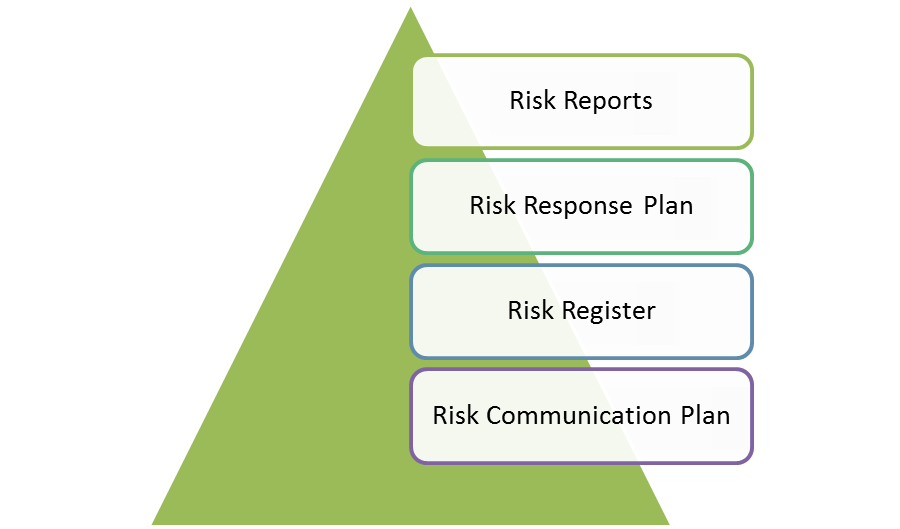Course Content
MoR principles
- To Aligns with objectives
- Fit in the context
- Provides clear guidance
- Better decision making
- Engagement of stakeholders
- Facilitates continual improvement
- Achieves measurable value
- Creates a supportive culture
MoR Approach
- Risk Management Policy
- Process Guide
- Strategies
- Risk Register
- Issue Register
- Risk Response Plan
- Risk Improvement Plan
- Risk Reports
- Risk Communication Plan
- MoR Process
MoR Perspectives
- Strategic
- Programme
- Project
- Operational
Embedding and Reviewing MoR
- Change the culture for risk management
- Overcome typical process barriers
- Identify and establish opportunities for change
- Health check
- Risk management maturity model
- Measure the value of risk management
- Embed the principles
An overview of the Risk Management environment and MoR® framework.
- What is Risk
- When and why it is necessary to do Risk Management
- Involvement of risk management in Corporate Governance
Process in MoR® is divided into four steps
- Identify risk
- Assessment of risk
- Planning
- Implementing Process
MoR® Principles:
- Line up with goals
- Fit the context
- Engage sponsors
- Offer clear guidance
- Update decision making
- Facilitation of continual improvement
- Create a supportive culture
- Achieve measurable value
MoR® Approach & Support Documents:
- Risk Management Policy
- Process Guide
- Strategies
- Risk Improvement Plan
- Issue Register
- Risk Reports and risk response plan
- Risk Register
- Risk Communication Plan
MoR® Perspectives
- Strategic
- Define Program
- Project
- Operational
Implanting and Reviewing MoR®
- Embed the principles
- Overcome typical process barriers
- Identify and establishing opportunities for change
- Health check
- Modify the culture for risk management
- Risk management maturity model
- Measure the value of risk management
MoR Foundation
- The purpose of the MoR Escort
- Risk Details
- Management be applied
- Global Best Practice guidance
- Corporate Governance and Core Control
- Where and when should Risk
MoR Practitioner
- MoR Principles
- MoR Approach
- MoR Process and associated techniques
- Embed and Review
- Know Risk Perspectives
- Health check and Maturity Models
- Risk Management Specialisms
- MoR principles, terminology and methods
- MoR® framework, tools and techniques
- Business steadiness management
- Learn Risk process lifecycle
- Set an organisational framework for the management of risk
- Security, programme or project risk management and effective service management
- Corporate Governance and the Management of Risk

 ENQUIRE
ENQUIRE
 REQUEST CALLBACK
REQUEST CALLBACK
 GET A FREE QUOTE
GET A FREE QUOTE


 Introduction
Introduction Course Details
Course Details Course Content
Course Content






 London
London